 Your new post is loading...
 Your new post is loading...

|
Scooped by
DocBiodiv
|
Marine Protected Areas (MPAs) demonstrate promise for increasing ecosystem resilience and reversing habitat and population declines, but outcomes vary considerably from context to context. Partially protected areas offer a compromise between ecological recovery and the social needs of local communities, but their success is contingent on an array of factors.

|
Scooped by
DocBiodiv
|
Selon une étude, 16 % des Britanniques ont déclaré ressentir une relation de proximité avec les arbres, contre seulement 7 % avec leur voisinage. Les scientifiques établissent un lien entre le rapport à la nature et l'inclination à la protéger.

|
Rescooped by
DocBiodiv
from EntomoNews
|
A new report on trends of grassland butterflies across Europe shows that numbers declined by 36% in just ten years, between 2011 and 2020. Butterfly Conservation (UK) is working hard with partners in Butterfly Conservation Europe to reverse these trends, which were worse in the UK. "En cette #JournéedelaBiodiversité, un nouveau rapport nous révèle un déclin de 36 % en seulement 10 ans (2011-2020) chez 17 espèces courantes de papillons des prairies. 🦋 Pollinisation, chaîne alimentaire (oiseaux)...les impacts sont nombreux. 1/7 https://t.co/YzsFVJqoD2 https://t.co/jbXBLDHR2I" via sleguilFR sur Twitter, 22.05.2023
https://twitter.com/sleguilFR/status/1660615588174077955
Via Bernadette Cassel

|
Scooped by
DocBiodiv
|
Une étude confirme le déclin alarmant de ce groupe d’insectes parmi les mieux étudiés au monde, qui constitue un indicateur précieux de l’état de la biodiversité.

|
Scooped by
DocBiodiv
|
Pour limiter le risque d'inondation par débordement des stations d'épuration, conséquence des averses brutales survenues après des semaines de sécheresse, la compagnie des eaux Southern Water, qui opère en Angleterre et au pays de Galles, aurait ouvert les vannes et déversé ses eaux usées directement dans l'Atlantique et la Manche, contaminant ainsi toutes les plages du littoral se trouvant à proximité des canalisations.

|
Scooped by
DocBiodiv
|
A citizen-science survey, led by Kent Wildlife Trust and Buglife, has found that the abundance of flying insects in the UK has plummeted by nearly 60% over the last 17 years; highlighting a worrying trend and the crucial need for insect-focussed conservation research, nationwide.

|
Scooped by
DocBiodiv
|
Achieving the goal to protect 30% of UK land and seas for nature by 2030.This report from the British Ecological Society (published 22 April 2022) examines the Prime Minister’s pledge to protect 30% of UK land and seas by 2030 to support nature recovery.

|
Scooped by
DocBiodiv
|
Don’t miss the Aquatic SIG‘s Annual Meeting this September as they bring world-leading ecologists working on marine and freshwater ecosystems. There will be a fantastic line-up of keynote speakers with expertise across and beyond aquatic realms. …

|
Scooped by
DocBiodiv
|
UK will spend at least £3bn of international climate finance on nature and biodiversity over five years.

|
Scooped by
DocBiodiv
|
Marine protected areas, or MPAs as they’re more commonly called, are very simple. Areas of the sea are set aside where certain activities – usually fishing – are banned or restricted. Ideally, these MPAs might be placed around particularly vibrant habitats that support lots of different species, like seagrass beds or coral reefs. By preventing fishing gear such as towed seabed trawls from sweeping through these environments, the hope is that marine life will be allowed to recover. When used well, they can be very effective.

|
Scooped by
DocBiodiv
|
The naturalist uses a UN event to call on world leaders to do more to protect nature. Craig Bennett, chief executive of The Wildlife Trusts, said "a much greater level of urgent action" was needed to put nature into recovery, including rescuing wildlife sites currently in decline. The government figure of 26% includes national parks and areas of outstanding natural beauty (AONBs), which are more about how our landscape looks as opposed to the state of nature within them, he said. He told BBC News: "The reality is, at best what's being managed for nature at the moment is only 10%. Even according to the government's own advisers on nature, they say half of that is in a poor condition, so it's nearer 5%. We've got a mountain to climb if we're really going to put nature into recovery in this country and reach the Prime Minister's target by 2030."

|
Scooped by
DocBiodiv
|
It seems that David Attenborough’s programme Extinction: the facts moved many people to tears. To me, that is an entirely rational response to the ongoing destruction to the natural world. This relentless loss of the beauty and wonder of our planet not only corrodes the soul, it compromises our own species’ prosperity. But, as I wrote on Friday, grief needs to be matched with a determination to change, bolstered by the belief that we know what it takes to make things better. Today must be the moment that we choose a different path and take steps to revive our world. The Global Biodiversity Outlook 5 (GBO5) will be published later today and will reveal that the world has largely failed in its collective efforts to save nature over the last decade, and none of the targets (set under the UN's Convention on Biological Diversity - the CBD) have been fully met. To pre-empt this, we launched A Lost Decade for Nature, which shines a light on the UK’s limited contribution towards these global biodiversity targets. According to the UK Government’s own assessment of performance, we will miss over two thirds of our commitments for nature made in 2010 (14 out of 20).

|
Scooped by
DocBiodiv
|
In 2019, there were 44 million fewer breeding birds in the UK than there were in the 1970s. There are thought to be fewer than one million hedgehogs, compared to 35 million in the 1950s. Two-thirds of British butterflies have also been on a downward trend since the 1970s, adding to a grim picture for biodiversity in the UK.
|

|
Scooped by
DocBiodiv
|
The latest State of Nature Report rings yet another alarm bell on the biodiversity crisis in the UK, showing major declines in many species since monitoring began in 1970. Since this date, species have declined by 19% on average and one in six are now at risk of being lost in the UK.

|
Scooped by
DocBiodiv
|
Des expériences menées outre-Manche nous apprennent que les goélands argentés peuvent copier les humains lorsqu’il s’agit de se nourrir.

|
Scooped by
DocBiodiv
|
A l'aide de micros, des scientifiques enregistrent les sons des écosystèmes naturels. Après les océans et les forêts, une équipe de l'université de Bristol (Royaume-Uni) a dévoilé le monde sonore mystérieux... des mares de la campagne anglaise. Un "orchestre" étonnant.

|
Scooped by
DocBiodiv
|
EA Chief Executive warns of a ‘silent spring’ for wildlife if warnings are ignored and urges action ahead of the UN Convention of Biological Diversity. It sets out how significant changes will be needed to how land is used in England, with the need for significant landscape scale interventions and the use of nature-based solutions to help wildlife recover, and for humans to mitigate and adapt to the effects of climate change.
Les trois femelles seront bientôt rejointes par un mâle en vue d’agrandir le troupeau. Dans une forêt proche de Canterbury (Royaume-Uni), trois bisons ont récemment élu domicile dans le cadre d’un ambitieux projet de réintroduction. C’est la première fois depuis des millénaires que l’animal va à nouveau arpenter le territoire britannique.
Via Hubert MESSMER

|
Scooped by
DocBiodiv
|
Au Royaume-Uni, des scientifiques ont confirmé l’effondrement des populations d’insectes volants en observant… les plaques d’immatriculation des automobilistes.
Les organismes de conservation de la nature Kent Wildlife Trust et The Invertebrate Conservation Trust (Buglife) ont publié, le 6 mai, les résultats d’une étude montrant que le nombre d’insectes volants avait diminué de près de 60 % dans le pays, entre 2004 et 2021.

|
Scooped by
DocBiodiv
|
Les administrations infranationales ont un rôle déterminant à jouer dans le respect des engagements pris au regard de la biodiversité aux niveaux national et international. En s’appuyant sur l’expérience pratique de l’Écosse (Royaume-Uni), de la France et d’autres signataires de la Déclaration d’Édimbourg, ce document présente et analyse les stratégies et plans infranationaux, ainsi que les mécanismes servant à assurer la cohérence et la coordination de l’action publique

|
Scooped by
DocBiodiv
|
Marine Management Organisation (MMO) launches formal consultation seeking views on proposals to manage activity in four of England’s offshore Marine Protected Areas (MPAs)

|
Scooped by
DocBiodiv
|
Webinar – Using acoustic indices in environmental and biodiversity research, Dr. Tom Bradfer-Lawrence (RSPB, UK) Acoustic monitoring has an enormous potential for ecosystem research; improving our understanding of the environment and the impacts of anthropogenic pressures on natural systems.

|
Scooped by
DocBiodiv
|
Encore au début de l'année 2020, des chercheurs soulignaient dans une étude que les personnes qui se promènent dans la nature chaque semaine se sentent, physiquement et mentalement, mieux que les autres. Des scientifiques de l'Université d'Exeter (Angleterre) prouvent maintenant que se plonger virtuellement dans un environnement naturel est aussi bénéfique pour le bien-être. Télévision, vidéo à 360° et vidéo immersive.
La pollution sonore est source de stress, de perte d’audition ou encore d’immunité réduite pour les poissons. Sonars, forages ou moteurs, sont autant de sources de « stress, perte d’audition, changements de comportement et d’immunité réduite » pour les populations de poissons, rappelle l’étude menée par des chercheurs de l’Université de Cardiff. Leur contribution, publiée mercredi dans la revue Royal Society Open Science, porte sur l’impact de la pollution sonore sur la résistance à des maladies parasitaires, un fléau de la pisciculture.
Via Hubert MESSMER

|
Scooped by
DocBiodiv
|
When an expert volunteer is walking through a sunny meadow recording butterflies or searching by torchlight for newts, it can seem a long way from the negotiating halls of Convention on Biological Diversity meetings or from civil servants drafting new legislation. But trends in species’ abundance, distribution or extinction risk, derived from monitoring and recording schemes, have wide influence in developing and monitoring environmental strategies, agreements and legislation. Individual species status assessments underpin the lists of priority species within each of the four UK countries. For example, the Environment (Wales) Act 2016 gives Welsh ministers the responsibility ‘maintain and enhance’ species on the Section 7 list. However, many uses of species’ status information come from creating composite measures giving an overview of the status of a taxonomic group, habitat type or of species in general.
|
 Your new post is loading...
Your new post is loading...
 Your new post is loading...
Your new post is loading...





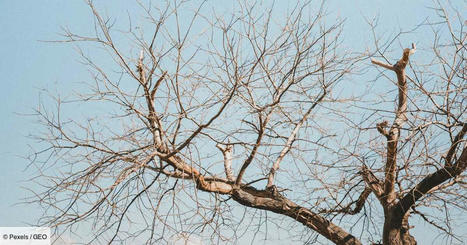
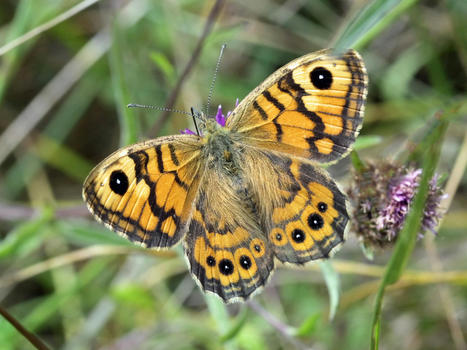
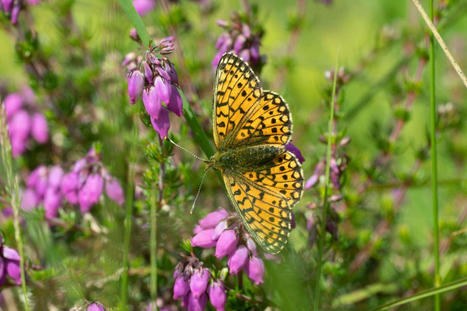


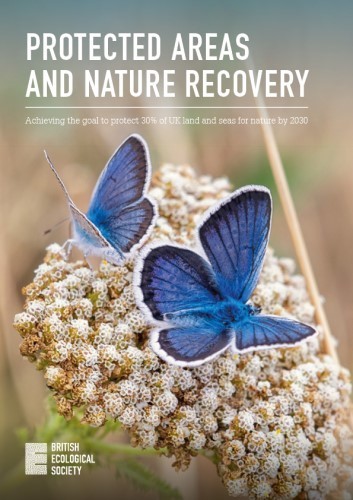


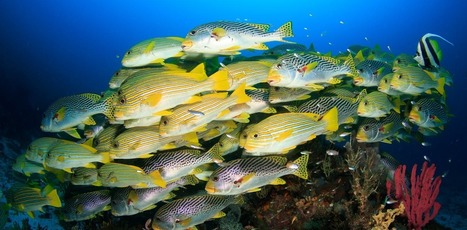

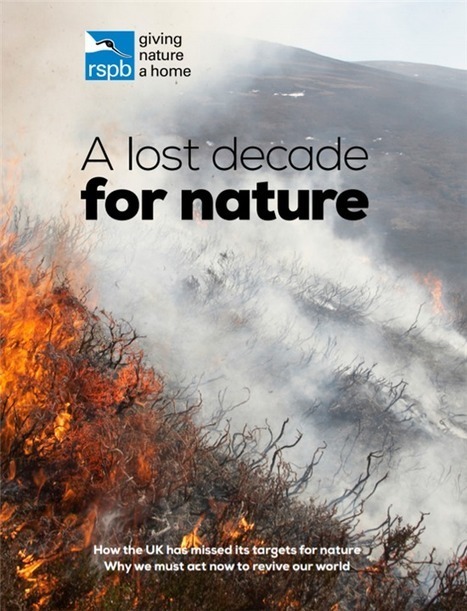
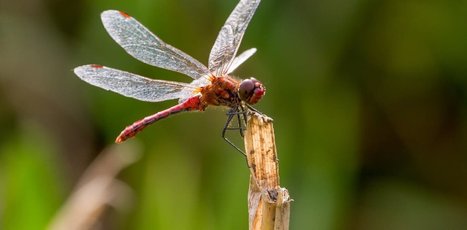
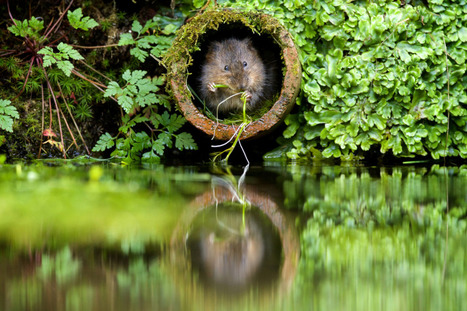
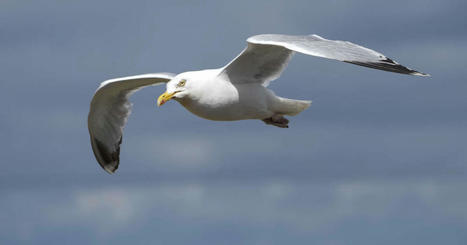
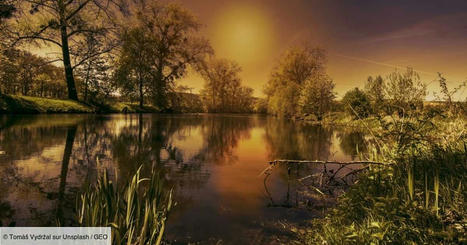
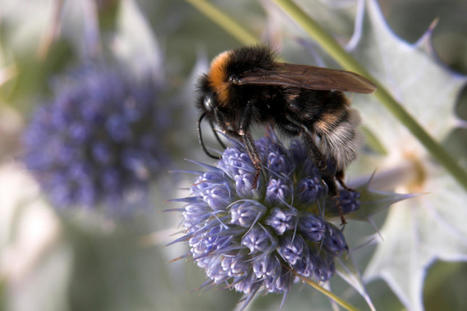
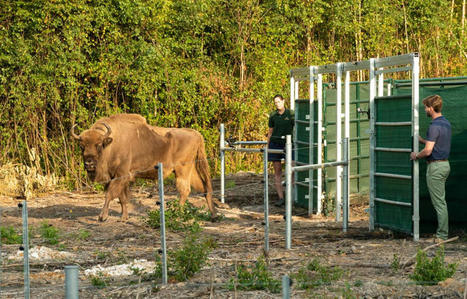
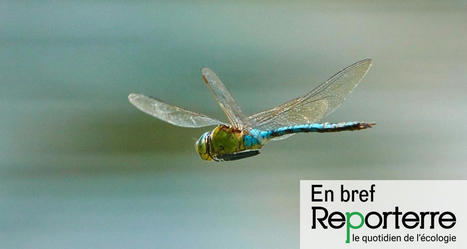
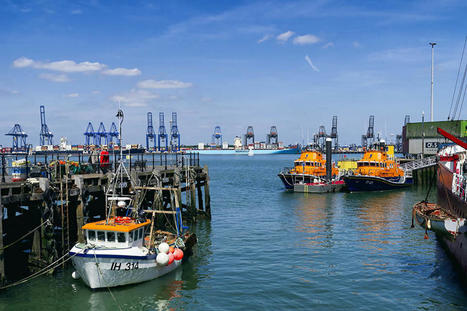









Chloe Renn, Sian Rees, Adam Rees, Bede F R Davies, Amy Y Cartwright, Sam Fanshawe, Martin J Attrill, Luke A Holmes, Emma V Sheehan, ICES Journal of Marine Science, Volume 81, Issue 2, March 2024, Pages 276–292, https://doi.org/10.1093/icesjms/fsad204